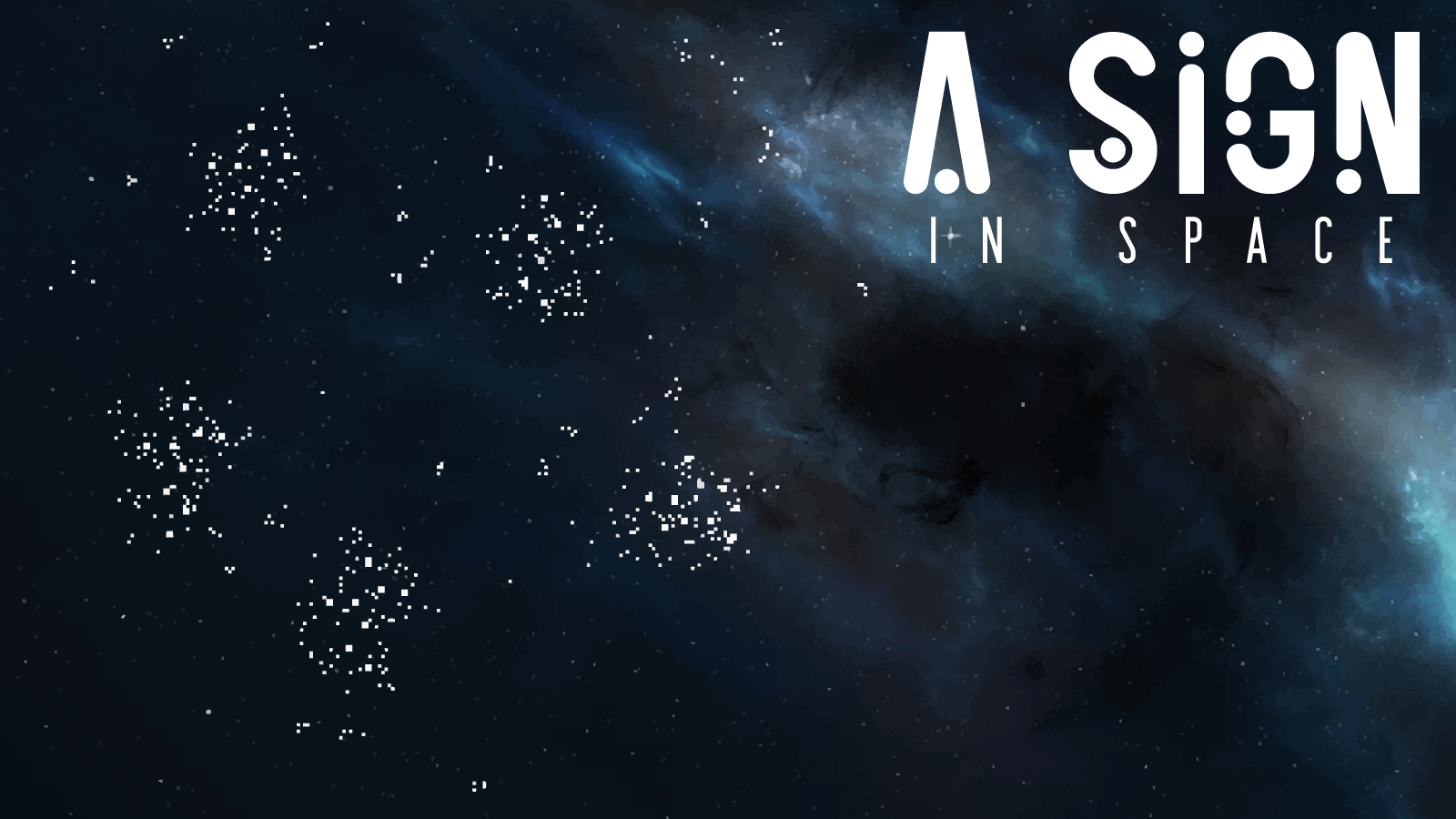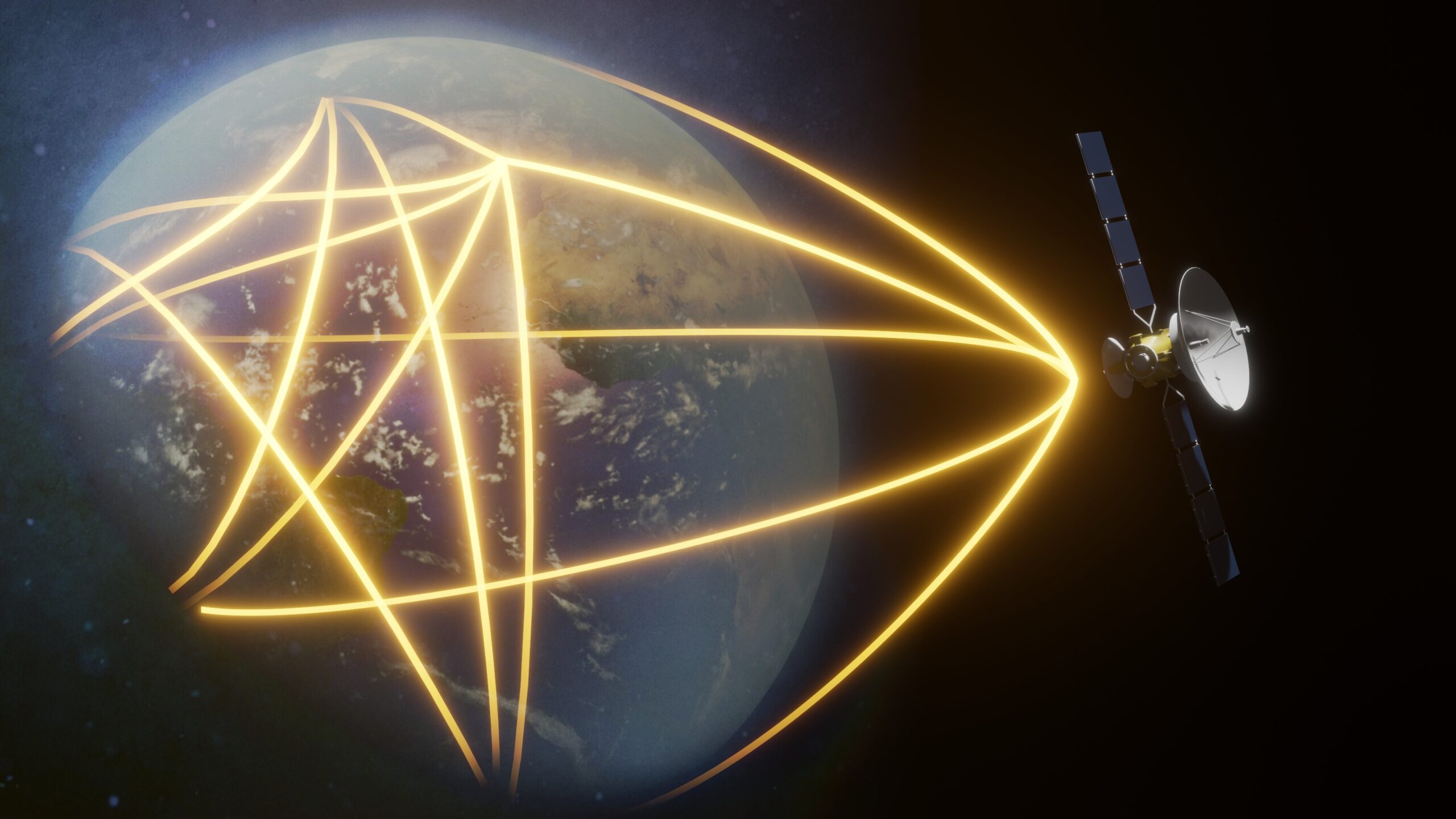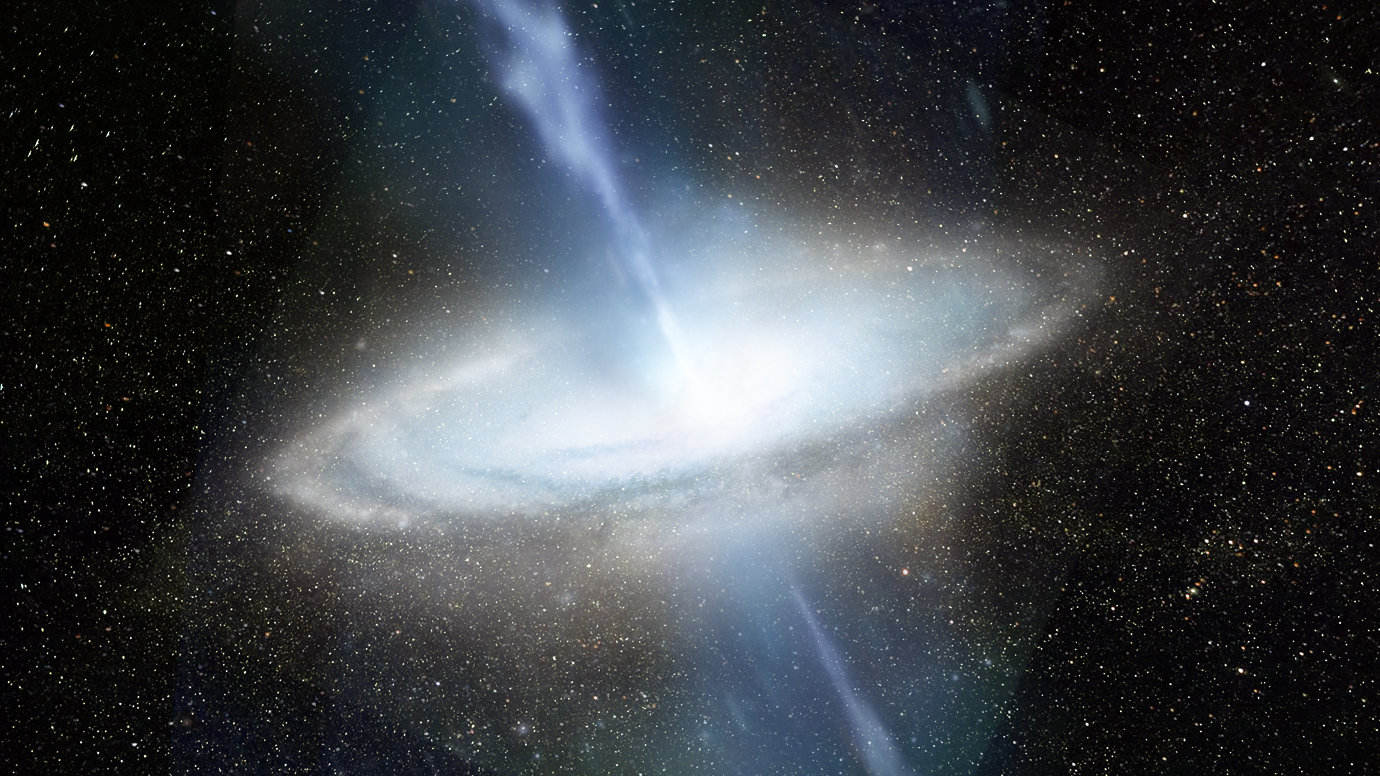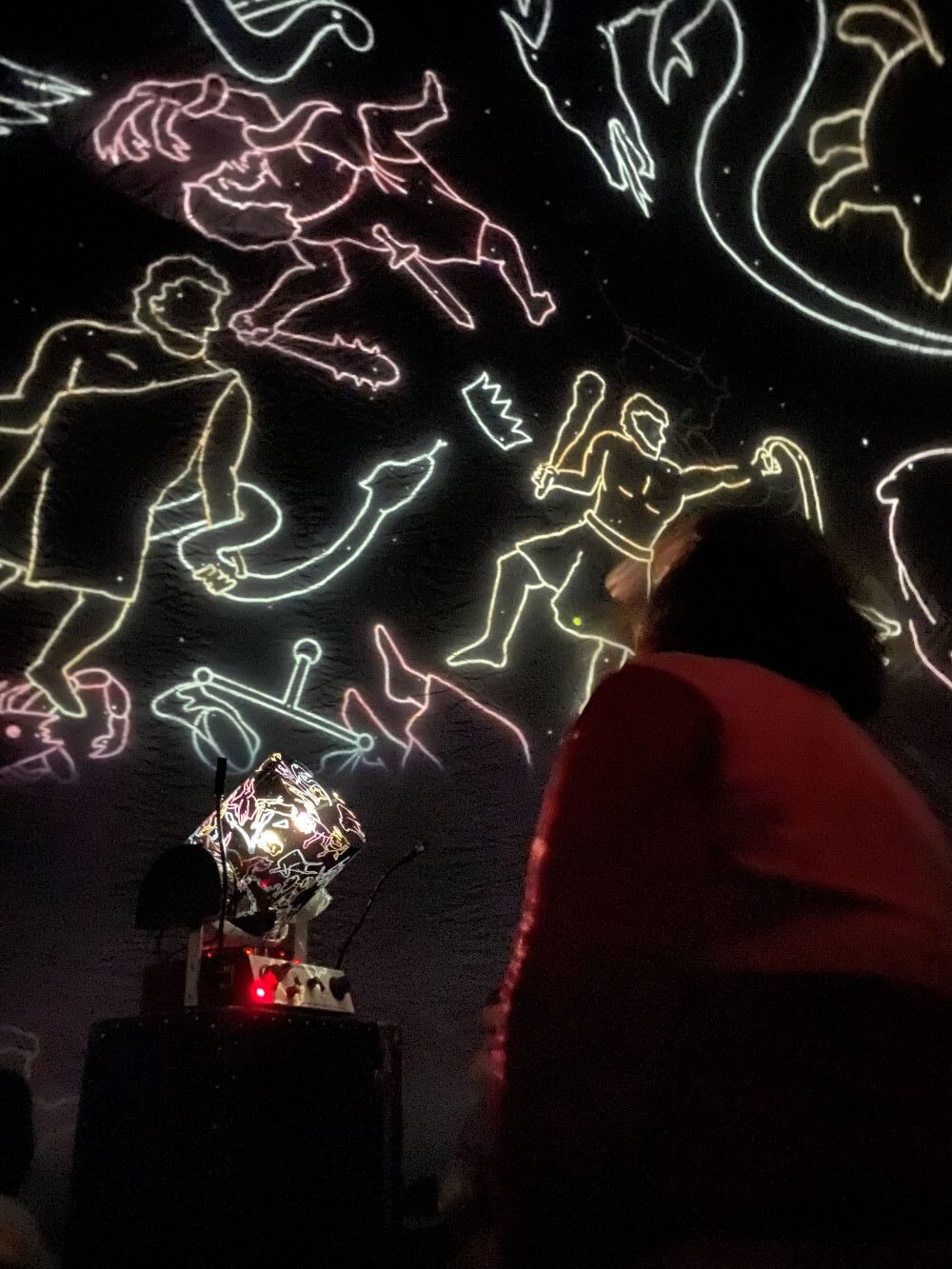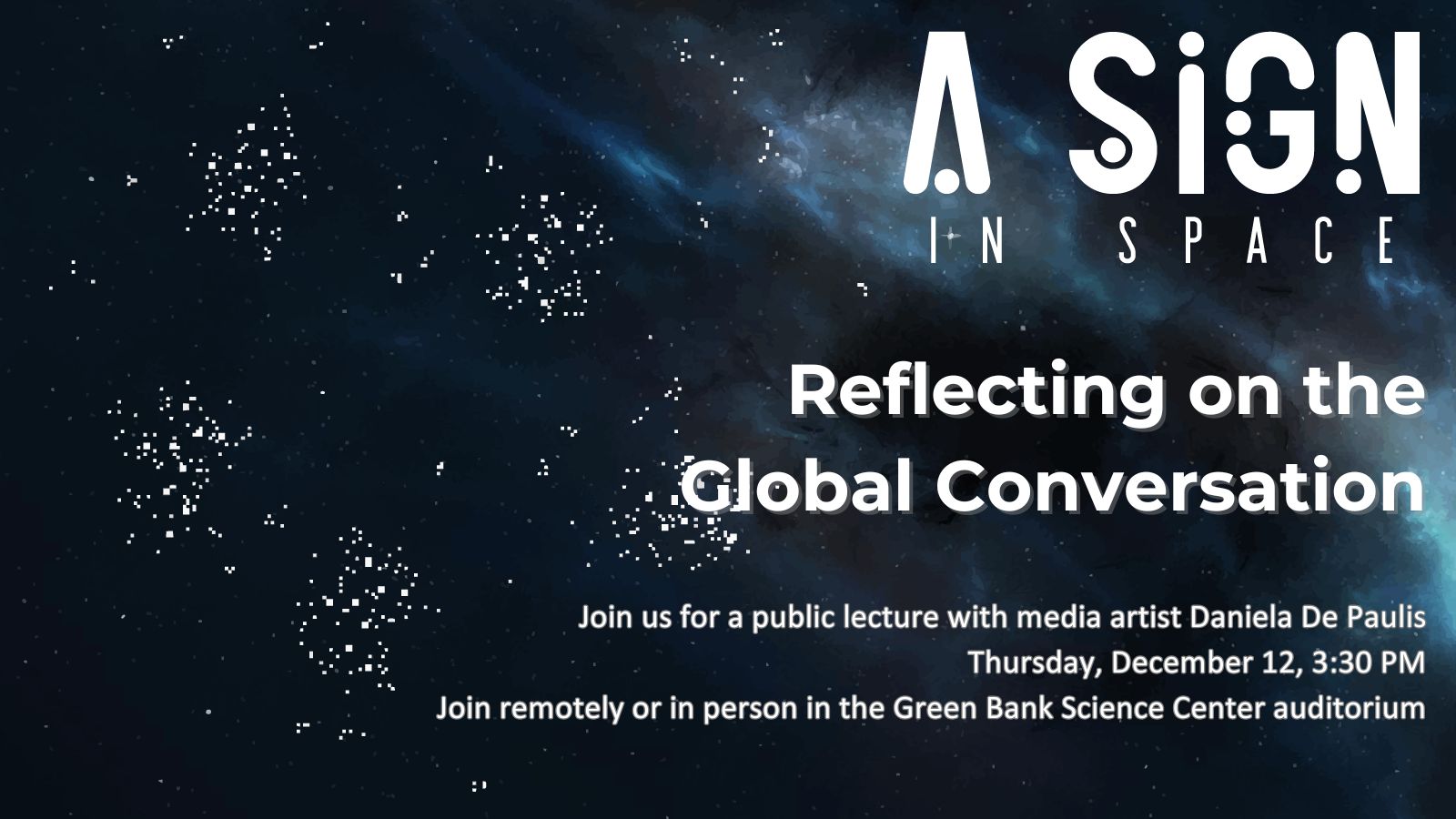-
Family science Lab
Join us for a fun-filled afternoon of science activities! Explore chemical reactions to make homemade snow that doesn’t melt, and create your own snowglobe to take home. Free for all ages, no reservations required. Starting at 1:30 PM in the Green Bank Science Center Atrium, while supplies last.
-
When aliens call, who will answer the phone?
-
Black Hole Explorer Hopes to Reveal New Details of Supermassive Black Holes
-
Astronomers Discover Magnetic Loops Around Supermassive Black Hole
For the first time, astronomers using the High Sensitivity Array — a multi-facility network supported by the U.S. National Science Foundation National Radio Astronomy Observatory — have observed evidence of magnetic filaments in the accretion disk surrounding a nearby galaxy’s supermassive black hole
-
Starlab
Crawl into our pop-up planetarium for a night sky tour! 45 mins. $8/person, ages 4 and up. Space is very limited. Advanced purchase strongly recommended to ensure availability. Because this program requires sitting in the dark for 45 minutes, this program is not suitable for children under the age of 4. ACCESSIBILITY: our portable planetarium […]
-
A Sign in Space: Reflecting on the Global Conversation
Join us for a free public lecture with media artist Daniela De Paulis as she leads us through the highlights and challenges of directing public engagement in a simulated First Contact. A light reception will follow the talk. Thursday, December 12, 3:30 PM Green Bank Science Center Auditorium Can’t make it to the Observatory? Join […]
-
GOTHAM Data
GOTHAM is a broadband spectral line survey of the cold core Taurus Molecular Cloud-1 (TMC-1) Cyanopolyyne Peak with the Green Bank Telescope. Its primary goal is to investigate the chemical conditions of this region, characterized by dark cloud chemistry rich in unsaturated long-carbon-chain and aromatic molecules. Acknowledgement For publications that make use of these data […]
-
GBT at Full azimuth Slew Rate
The GBT has returned to the regular full azimuth slew rate.









